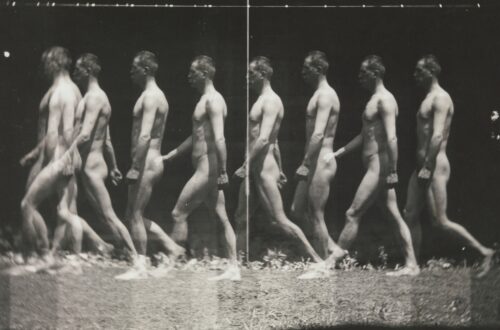
LIT Monthly Writing Prompt: May Edition and Tribute to Paul Auster
by Charlotte Slivka, Editor in Chief
Dear LIT community,
Spring has sprung and it is as if the trees were in a race to sprout their leaves. After the first pinks of Magnolia and Cherry trees, then the yellows of Forsythia, followed by that brazen and bold purple of the Eastern Redbuds, the new green leaves seem to have shocked their way to the surface just within the last few days. It’s dizzying and disorienting to think of barren winter as a back door slam, but here we are in our bare feet on cold earth and new grass.
With the new monthly writing prompt series normally we would be looking towards elements in nature or art to inspire, but just this once we will turn towards a particular author. It is a shock to learn of Paul Auster’s passing over on April 30th and that mourning the loss of this great, a point of light I always thought would be there, would feel like a line dropped with a lead sinker into the pit of the collective stomach. Paul Auster was so much a part of the landscape of not only my literary life but of New York City life with the weird and wonderful City of Glass set in its noir New York City heart.
I found my own copy of City of Glass, the first book in The New York Trilogy, through some bibliomancy while bored and perusing the shelves of the occult section of a bookstore in the mid 1980s. The spine called out to me. The book was weird and I didn’t know what to make of it. It was perfect. So strange and genre defying was Paul Auster’s prose, there seemingly wasn’t a shelf for him. And because the story of this particular book was spooky and haunted—’mind bending’ is a quick descriptive term used nowadays—City of Glass was placed in the Metaphysical section.
Thank you Mr. Auster, for giving us permission to write into the weirdness and for forging a place on the shelf.
We serve this month’s writing prompt in honor of Mr. Paul Auster and by way of bibliomancy—opening a book to a random page and choosing the first line seen—with a line from City of Glass. From the top of page 70:
“Stillman also dwelled on the paradox of the word ‘cleave’, which means both ‘to join together’ and ‘to break apart,’ thus embodying two equal and opposite significations which in turn embodies a view of language that Stillman found to be present in all of Milton’s work”
Paul Auster, Sun & Moon Press, 1985
Dear readers, write into the seemingly mirror reflection of opposites, what does sameness and difference in the same word mean to you? Also, if you own your own copy by all means find a line that resonates with you. Also, make of this what you will and write whatever you want. Write wildly and weirdly and never mind which shelf your book will end up on.



